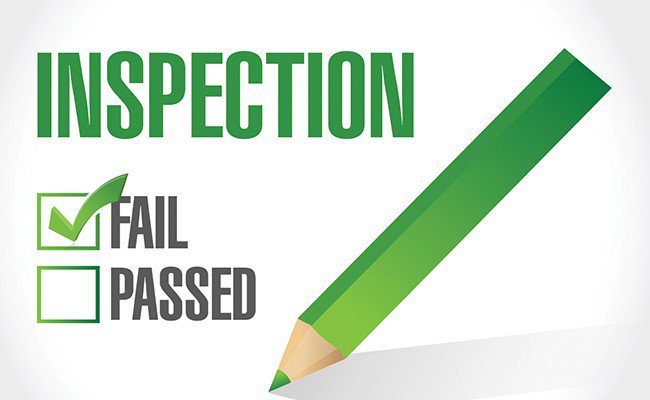Whether you are purchasing your first home or your fiftieth, one of the most important steps in the purchase process is hiring a home inspector. This inspector will be the one to tell you whether the dream house you recently went under contract on is structurally sound, or contains issues that no longer qualify it as a dream home at all.
Most of us rely on these inspectors to catch every minor detail; after all, that is why you hired them in the first place! However, what do we do when we have done our research, hired the best inspector we can find, yet defects in the home are still missed? After all, there is nothing worse than an inspection stating the home you just purchased is in great shape, only to move in and find out that your foundation needs emergency repair, at a great cost.
In the state of Georgia, before immediately taking your grievance to the home inspector, you may have a better claim against the seller. Although Georgia follows the mantra of “Buyer Beware”, there is a general duty in the state to disclose to would be buyers known defects within the house, especially if they are not easily discoverable. Sellers could face liability to the buyer for failing to disclose these material defects, so long as it is provable that the defects were known.
Assuming that the seller was not aware of the defect, or there is no proof of fraudulent concealment on their part, then you can look to the home inspector for relief. There are two general theories to obtain relief from a home inspector from a botched inspection. Outlined below, these theories are Negligence and Breach of Contract.
Negligence, in any area of the law is generally the failure to act as a reasonable person as someone similarly situated would do. In this case, if a different home inspector catches the issue at hand (which can be proven by getting a second opinion), then the original home inspector can be found negligent. The state of Georgia requires all home inspectors to go through in depth training in order to be licensed, so lack of training is no defense. One thing to consider is that the inspector is only liable to defects within the scope of the inspection. If the house does not have running water on the day of inspection, the inspector cannot be liable for defects regarding the plumbing in the home.
Breach of Contract becomes a viable claim when the contract that you entered into with a home inspector contains language that you believe was clearly violated. This could arise when you specifically negotiated to include tests for lead based paint, the inspection came back clean, and you later find evidence pointing to lead based paint in your home. If you have a contract in writing with the inspector to perform any review, and you can prove that the review was never in fact completed, this would be the proper avenue for legal recourse.
Assuming that you have a valid claim based on the two legal theories above, there are still items to consider. The home inspector may have inserted a waiver into the contract called an exculpatory clause. This clause is common among home inspectors, and generally serves to limit liability in the event that defects in the home are uncovered after inspection. Instead of being on the hook to replace a whole roof, they may simply attempt to refund the home inspection fee. They may also have an arbitration or mediation provision, which would make it more difficult to file a lawsuit as a first step.
In summary, a failed home inspection in Georgia does not always leave the buyer out in the cold. There are several avenues to recover losses in the instance that your home inspection did not uncover material defects in your home. If you are not sure whether you have an actionable case, you should consult with an attorney before taking any action.
If you have questions regarding a home inspection gone wrong, give us a call! Thrift McLemore’s attorneys have represented Georgia home buyers seek legal recourse for defects in their homes not caught by the home inspection. Contact Thrift McLemore by email at info@thriftlegal.com or by phone at 678-784-4150 to discuss how we can help you today!






